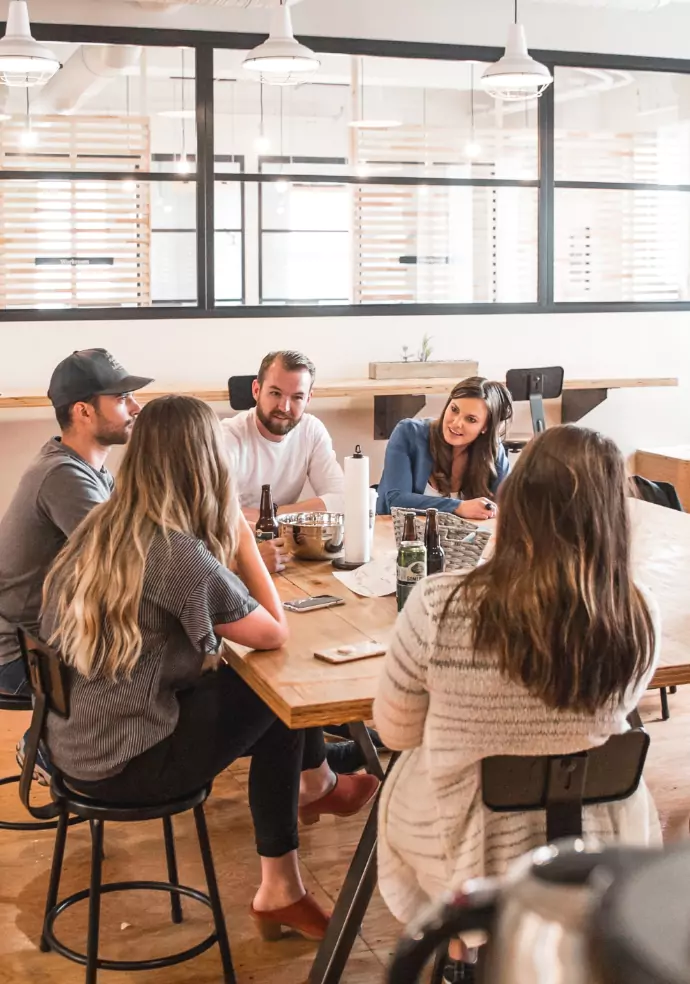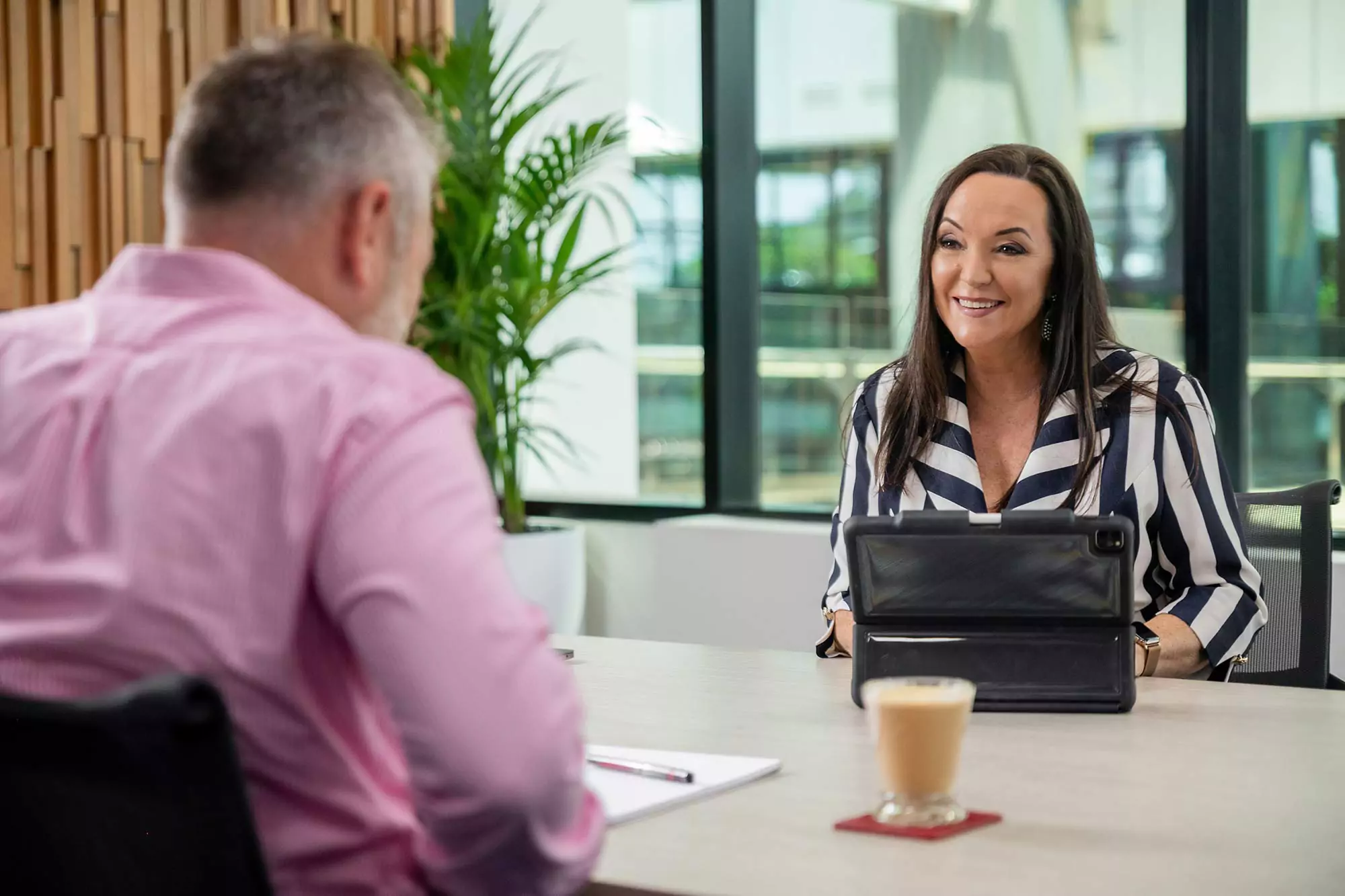Mediation is a process by which an independent third party assists two or more people to reach a mutually agreed solution to their conflict. The mediator uses a variety of skills and techniques to help each party find solutions that serves their goals and interests. A Mediator does not make any decisions or give advice.
Pullos Lawyers founder Cassandra Pullos is an industry leader in the field of Mediation and has built a reputation for delivering exceptional results that reflect her future focused, problem solving approach to mediation.
Cassandra is committed to helping couples reach financial agreements that reflect their values and meet their interests. Special attention is paid to assisting parents to create a functioning separated family for the benefit of their children.
Mediation comes in many forms and can take place by agreement (“voluntary mediation”) or as part of the Court process (“Court ordered mediation”). You are required to attend mediation before going to Court in children’s dispute (Family Dispute Resolution or FDR).
If you are already in the Court system and there is an order for mediation to take place, Cassandra is available to be appointed as the Court appointed mediator. She brings her long history as an Accredited Family Law Specialist to bear in all mediations. That experience can be especially useful in the Court ordered mediation process where there is often a focus on competing legal rights and entitlements, and the Court process to follow.
Some characteristics of mediation include:
- Mediation is an extension of the negotiation process
- The mediator assists the parties to identify the real issues and generate options for positive resolution
- Mediation is future focused and solutions based
- Mediation requires each party to accept personal responsibility for finding solutions and generating options
- It is a confidential, informal and flexible process that takes place in a private setting as opposed to a public courtroom and can be tailored to individual requirements
- The assistance of outside experts (such as lawyers, counsellors, accountants etc) can be used in the process
- The aim is to assist parties to reach an agreement they are willing and able to carry out themselves
- Mediation seeks to build the relationship between the parties as the problem is solved and improve communication to reduce future conflicts
Some of the benefits of mediation include:
- Speedy, rapid results
- Informal
- Convenient
- Private, confidential
- Generally less expensive
- Can be a healing process
- Encourages comprehensive, customised agreements
- Focuses on creative problem solving
- Greater control to the disputing parties over the outcome
- Preservation of relationship or termination of one in a better way
When is mediation effective?
Generally speaking, mediation can be considered when both parties to a conflict want to retain control over the outcome of their dispute. Both parties need to be prepared to engage in joint problem solving and focus more on the future than on the past.
Mediation is also a requirement before you enter the Court system in disputes in relation to children (called Family Dispute Resolution or “FDR”) and is a requirement along the Court pathway in financial disputes (Court ordered mediation).
Parties at any stage of a dispute can choose mediation quite separately to the Court process.
To successfully mediate, parties should ideally have:
- Some desire to work through the problem
- Be able to communicate on some level
- Be competent and in control of their actions and behaviour, not violent or under the influence of drugs or alcohol
- Be able to follow some degree of structure (both in the mediation process and any resulting agreement)
Cassandra Pullos as Mediator
CLICK HERE to find out more about Cassandra Pullos
Preparing for Court
- The Case Assessment Conference
- The Conciliation Conference
- Do you have fears for your safety when attending court
- Do you need information about the Family Law Courts?
- Duty of Disclosure
- Going to Court – tips for your court hearing
- Mobile phones, tablets, cameras and other recording equipment in the Federal Circuit Court and courtrooms
- The Courts and your Privacy
- Seeing a family consultant in the Family Court – FAQ
- Seeing a family consultant in the Federal Circuit Court – FAQ
Paul K. from Brisbane
“The team, for me completely changed the dynamics of the case. Instead of me being on the back foot and continually taking a beating I was put in charge of my destiny…”
View AllFor advice on Mediation
Call us on 07 5526 3646
We can talk through the information that applies specifically to your circumstances.




